Arts
Examining the role of The Arts as a catalyst for healing, transformation and action
Introduction
The practice of Art—in its infinite forms, functions and implications—is the most accessible and universal way of constructing meaning out of the world we inhabit.
Our Philosophy: The Arts are not just for experts. They are not solely for the enjoyment of the elite. They are not a superfluous extravagance. The Arts are for us all, expert and novice alike. They are not just an end in and of themselves, but a means. They shape, and are shaped by the world we inhabit.
Students in the Arts Scholars program gain a deeper understanding of the impact of art as a means to explore society and culture against the backdrop of our individual differences and shared experiences.
What you can expect: No matter your major, area of artistic interest, or skill level, as a member of our community, you will be challenged to strengthen your personal artistic skill set, experiment with new and different art forms, and gain a deeper understanding of the value of the arts in our personal and collective lives. We will investigate the power of the arts to:
- Communicate difficult concepts
- Advocate for social change
- Investigate the human experience
- Explore our own identities
- Develop our capacities as creative problem solvers and critical thinkers
- Reinforce, but also upend, existing systems of inequality and oppression
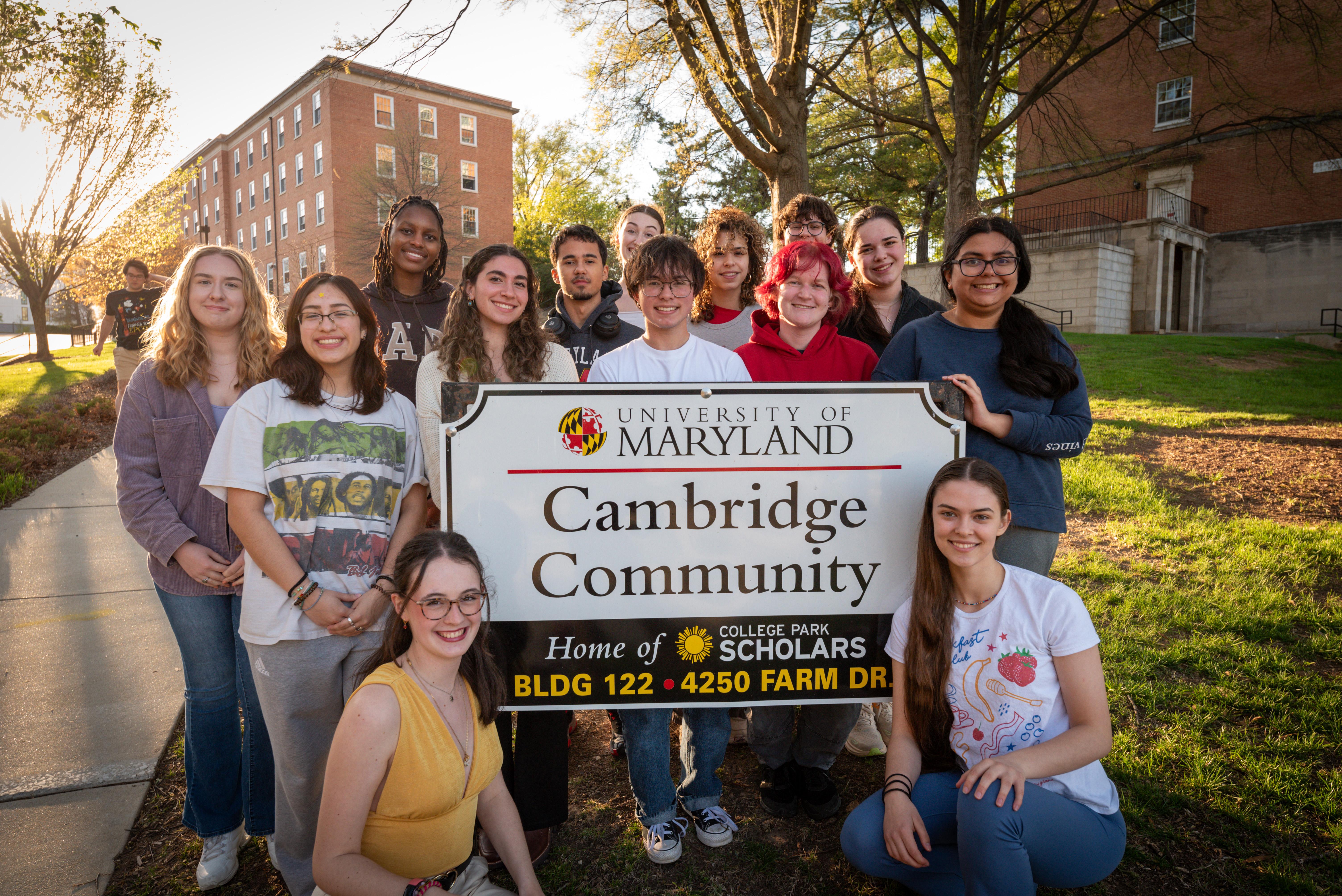
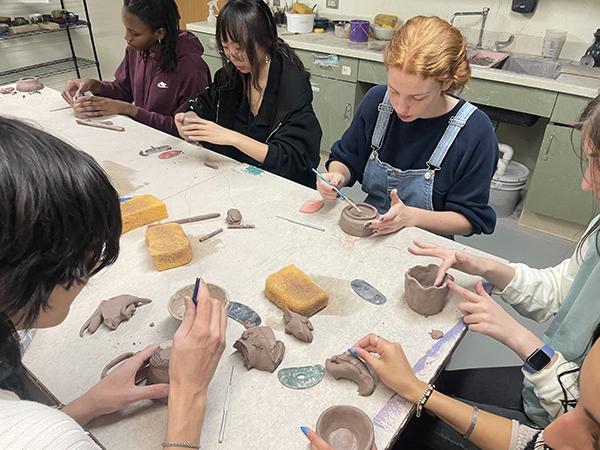
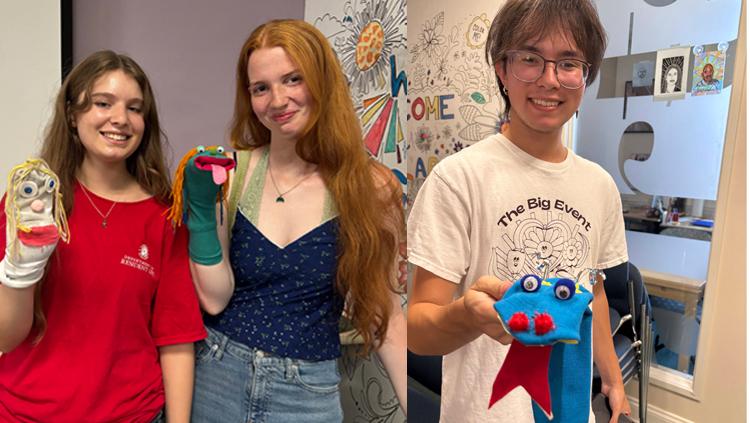
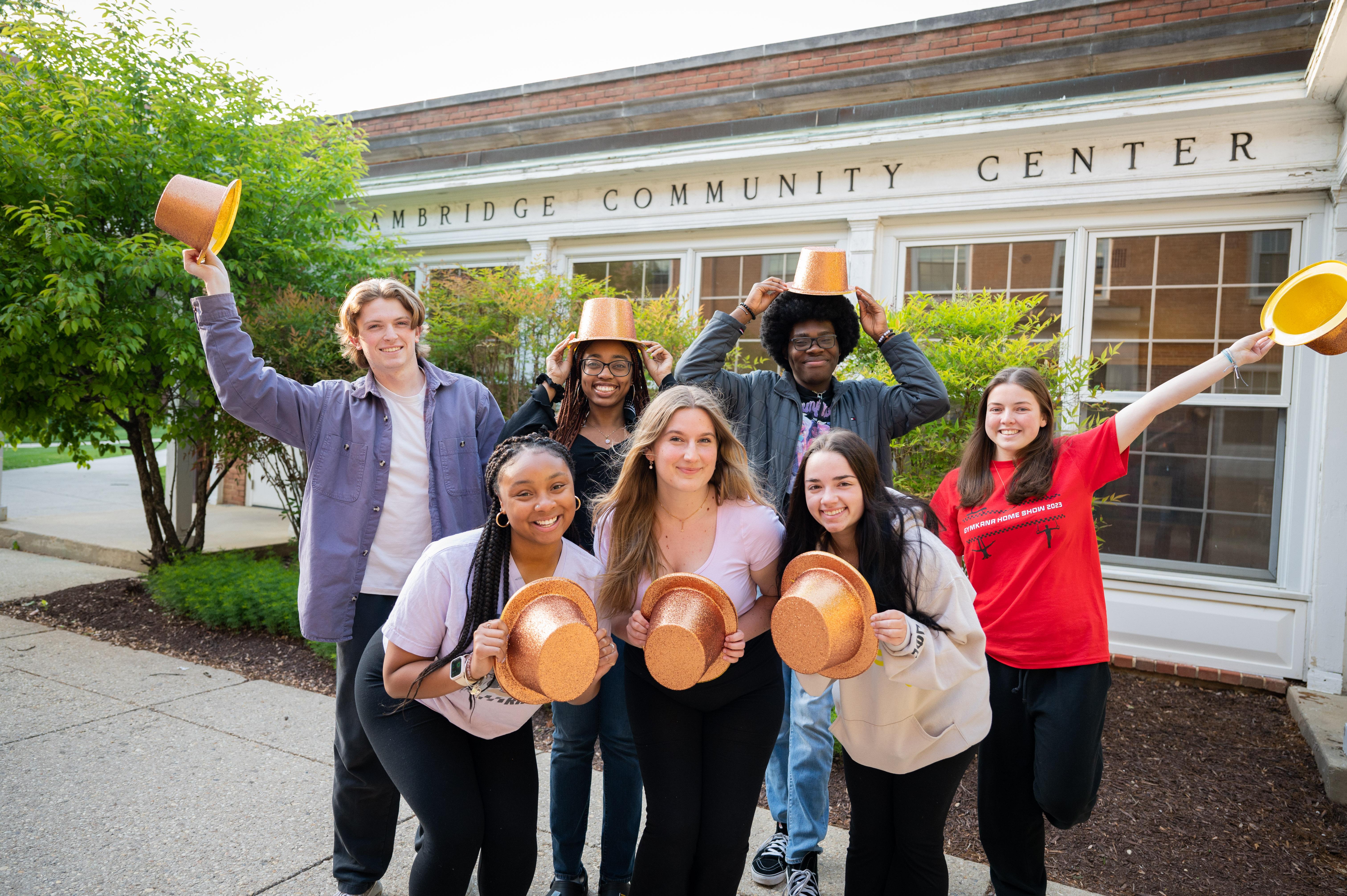
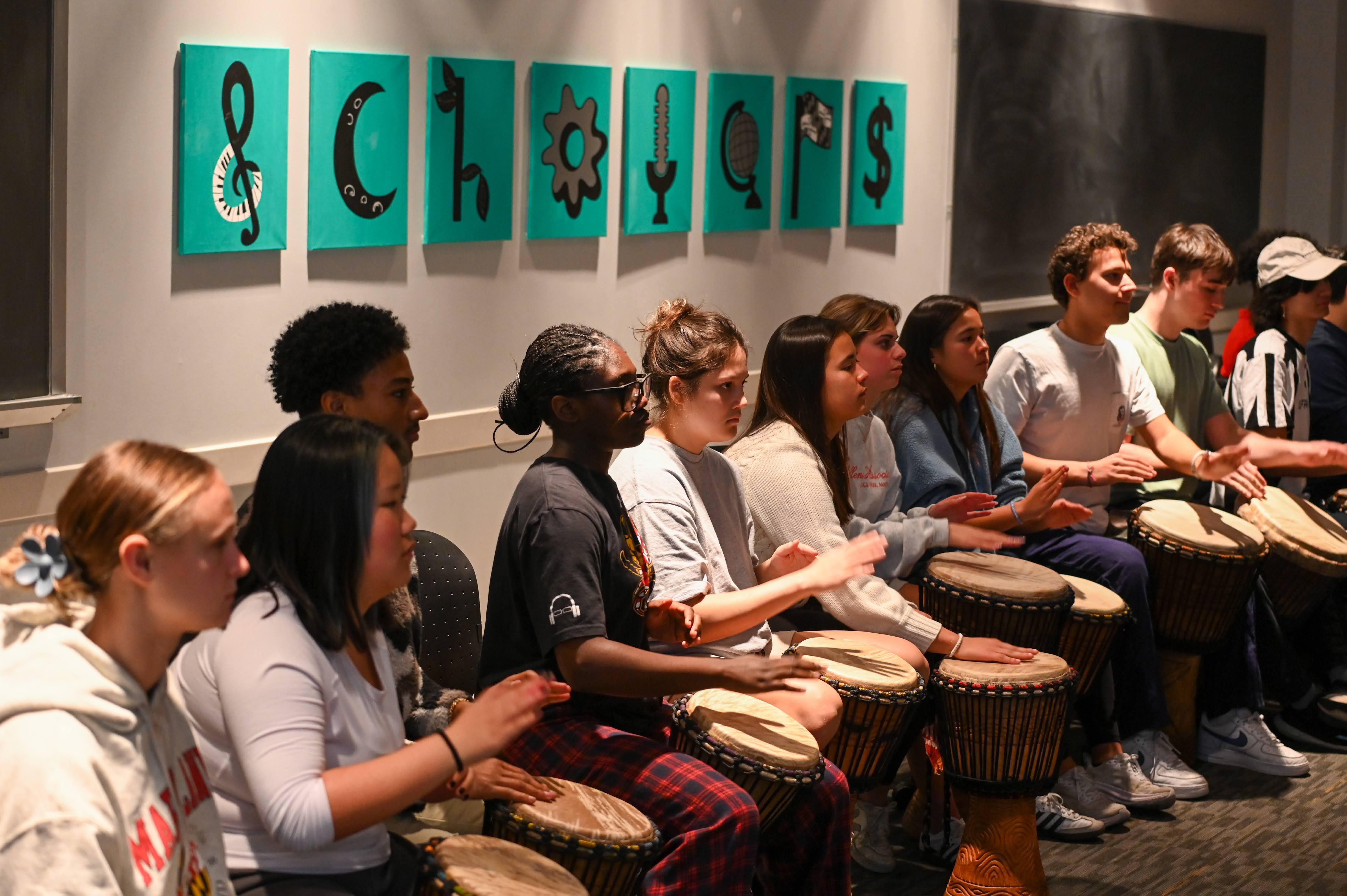
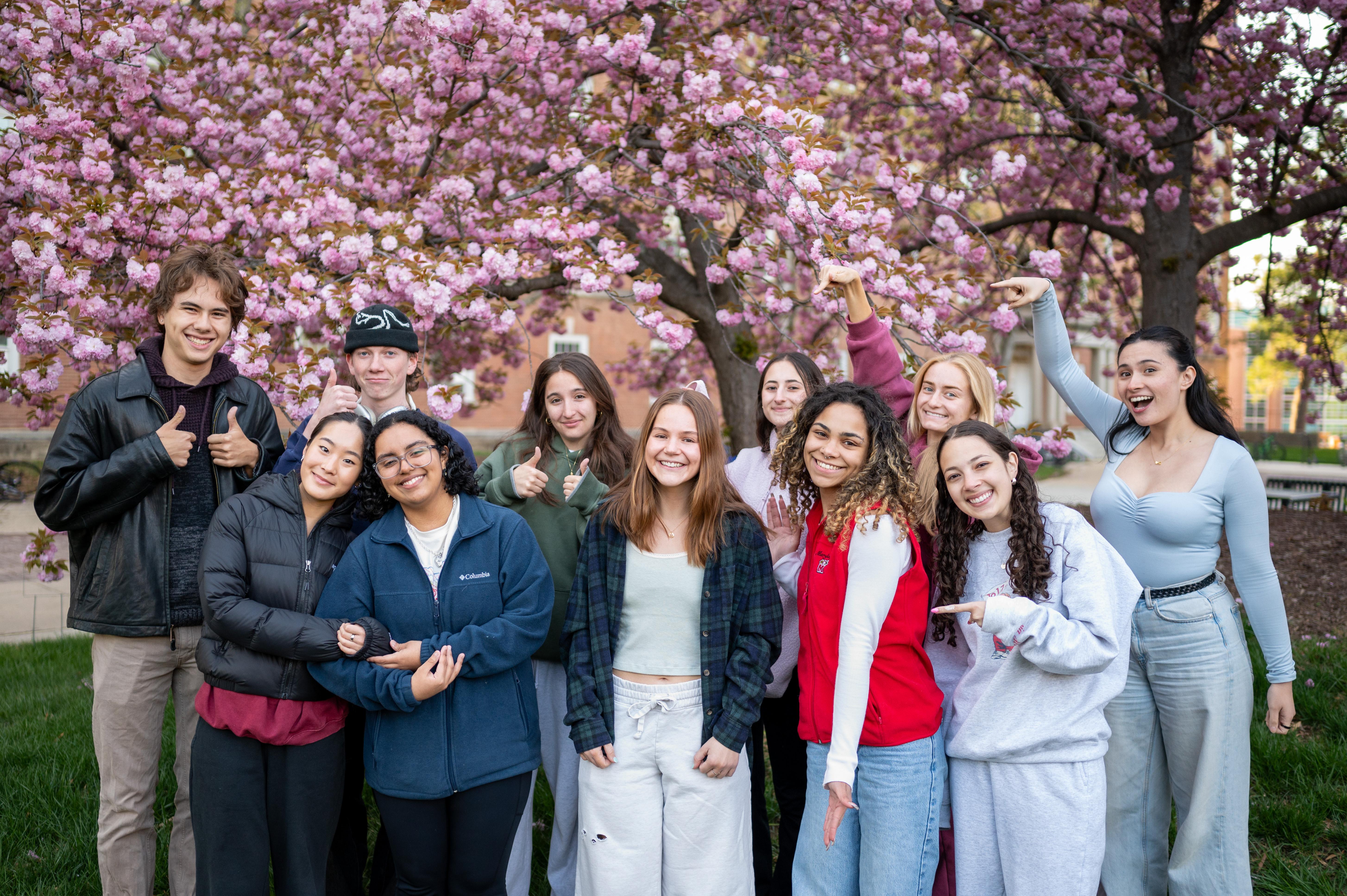
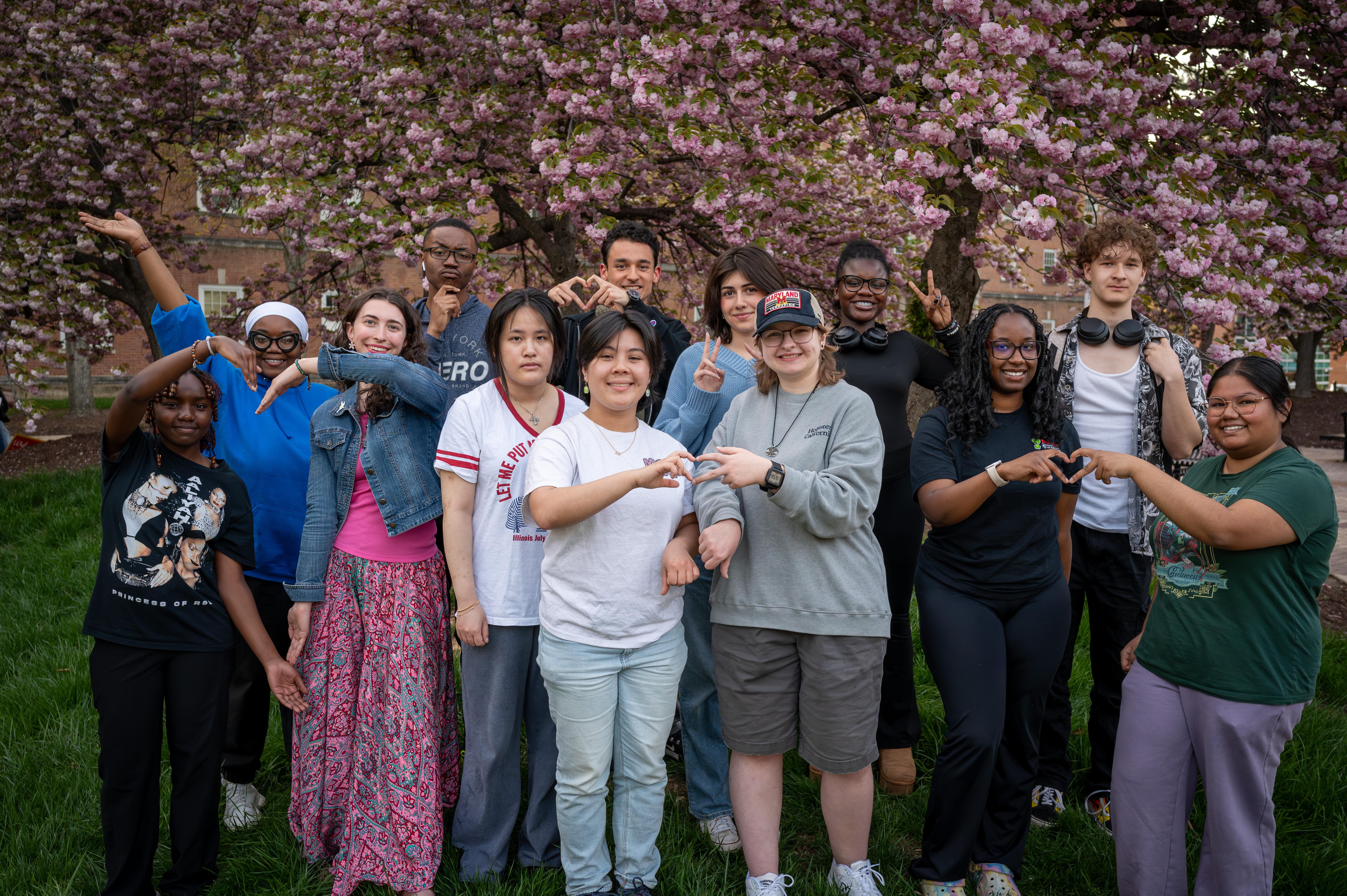
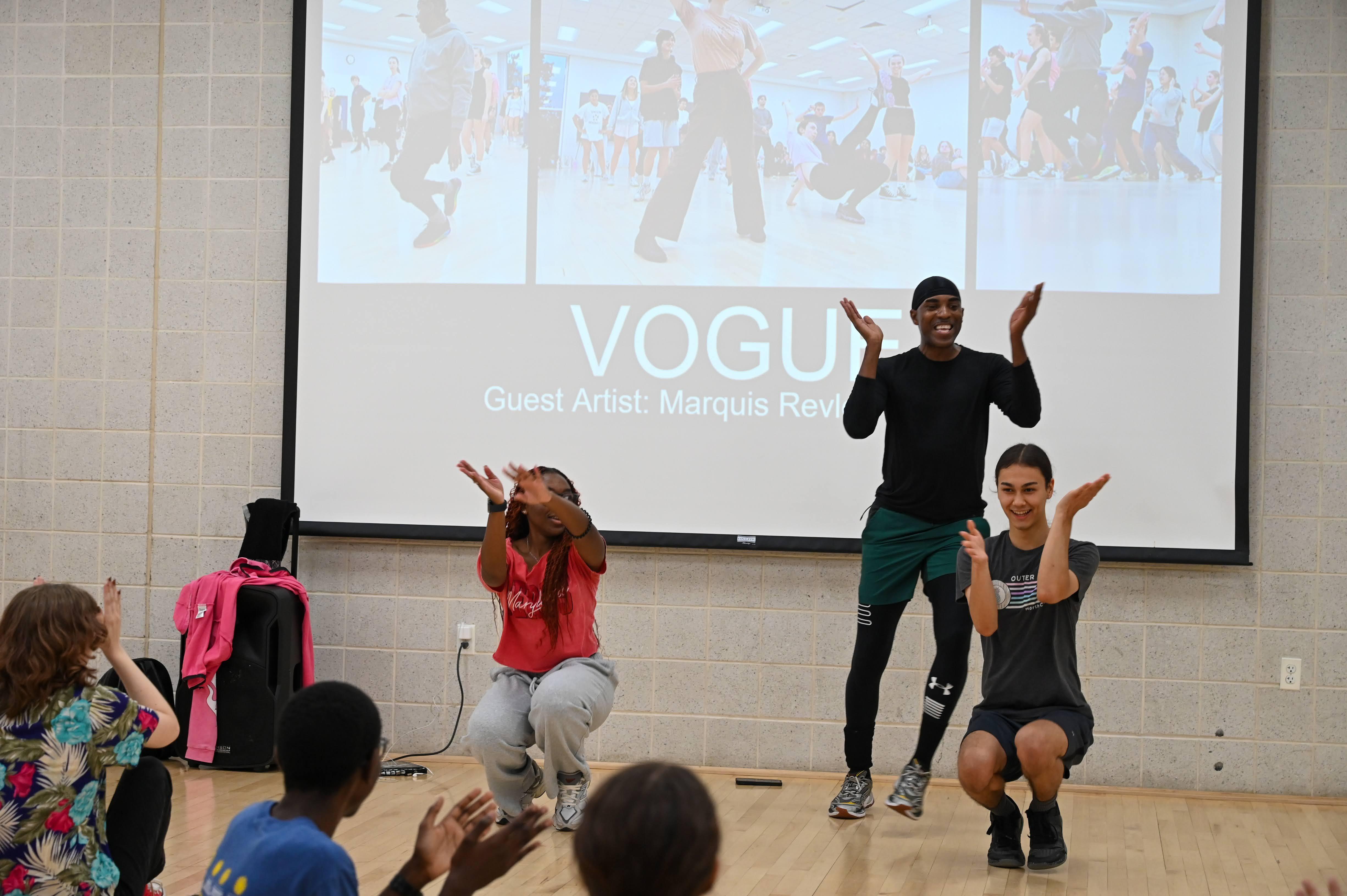
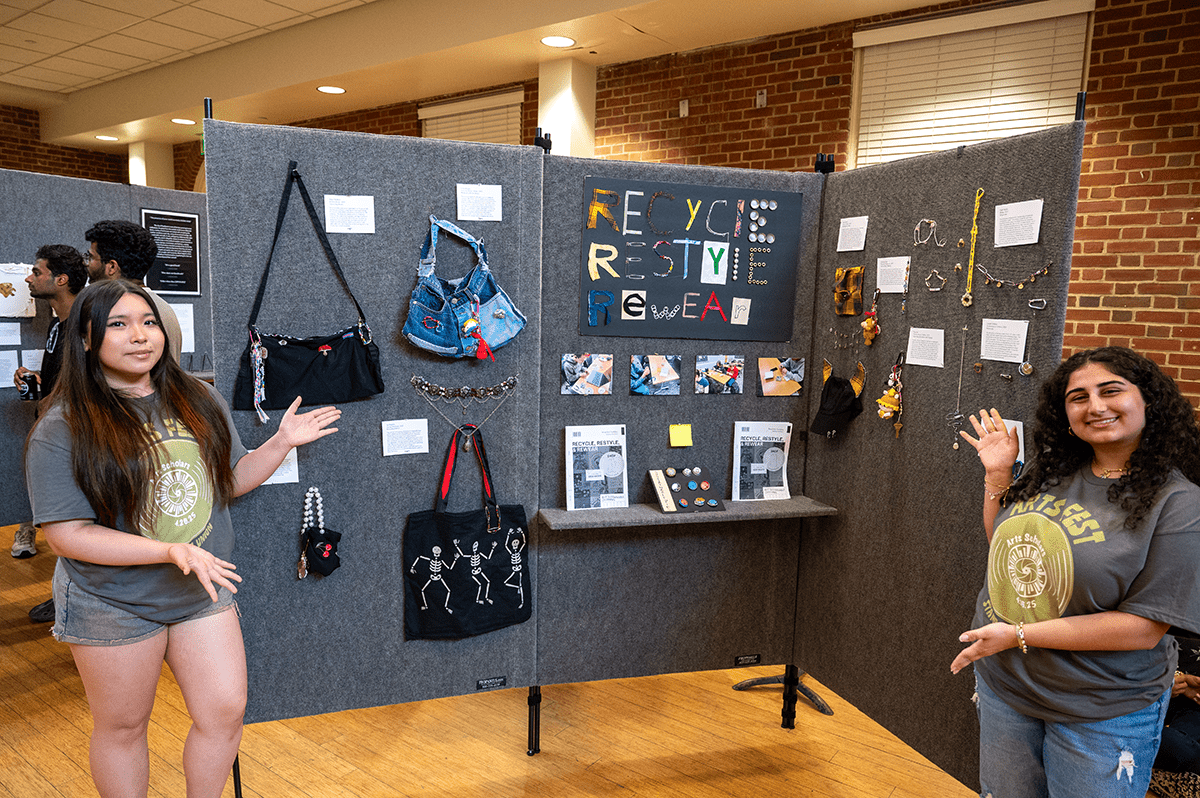
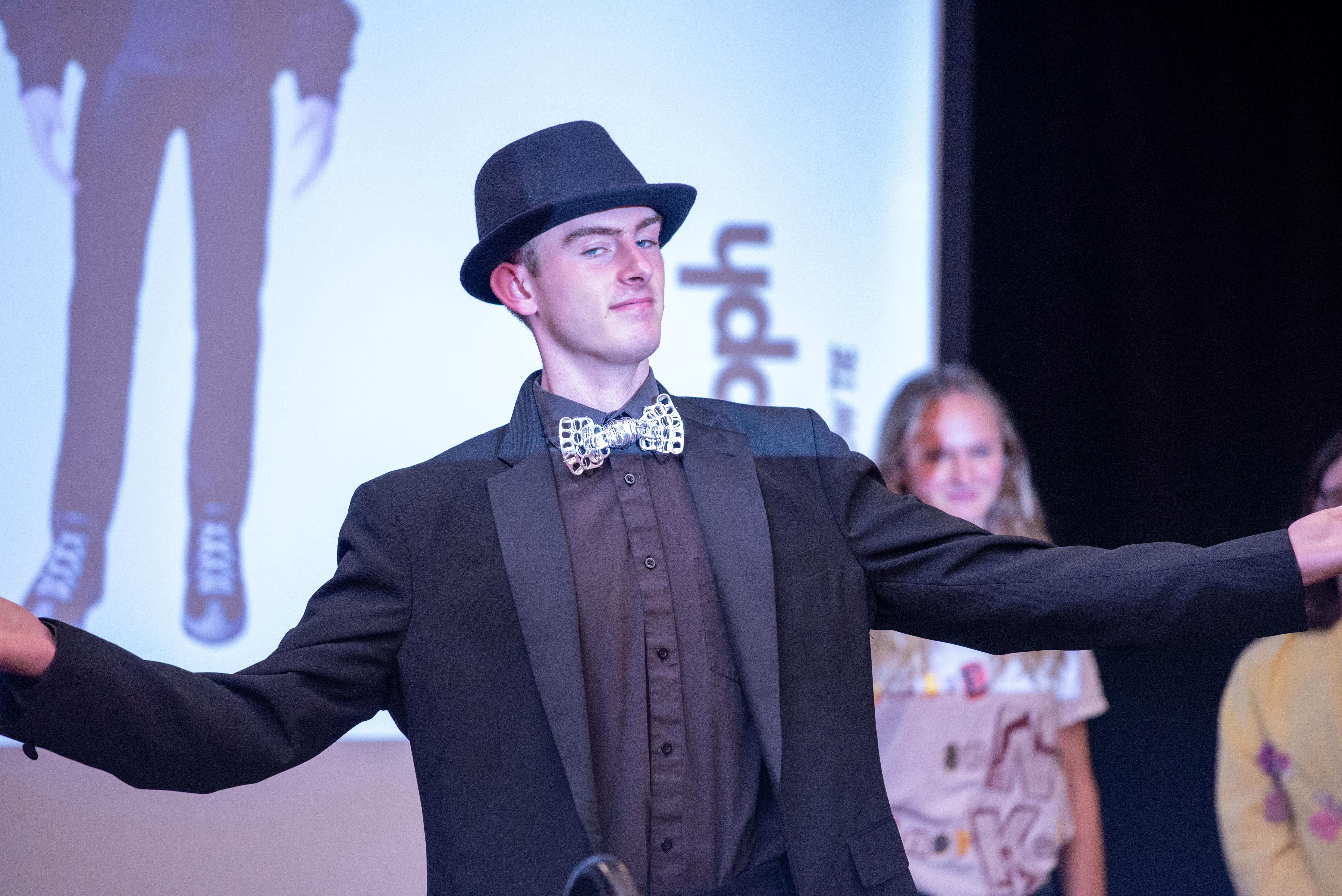
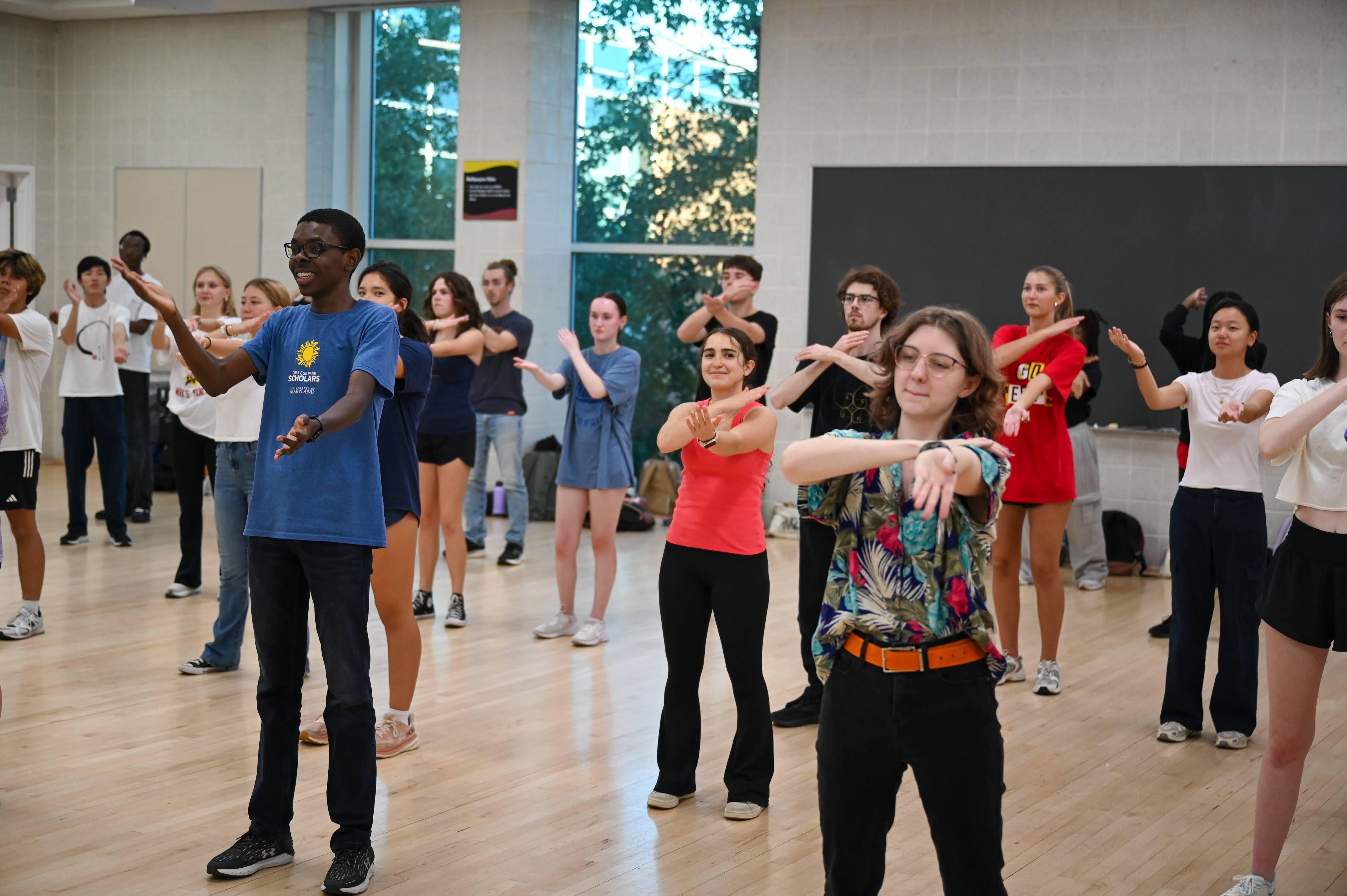
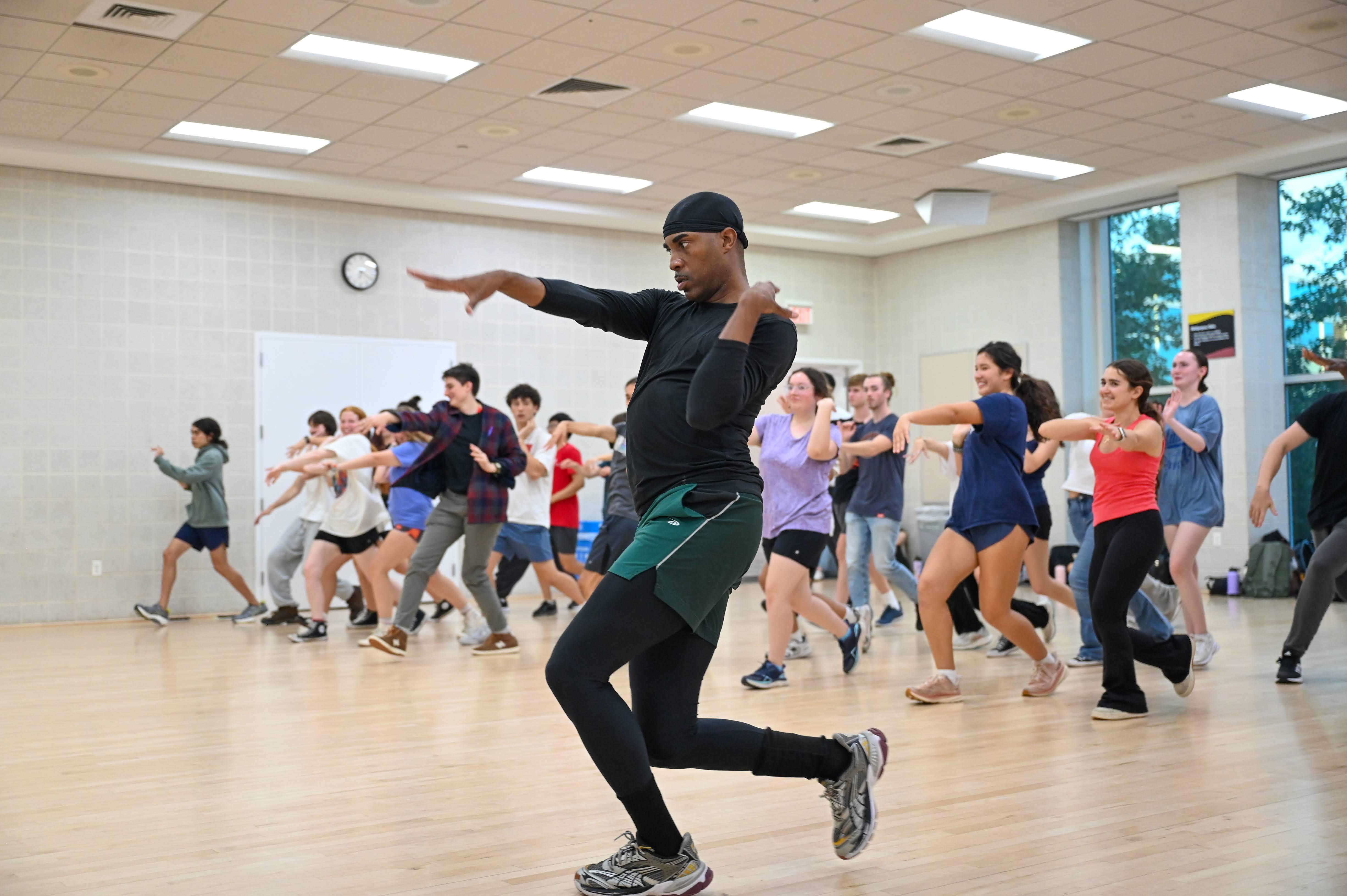
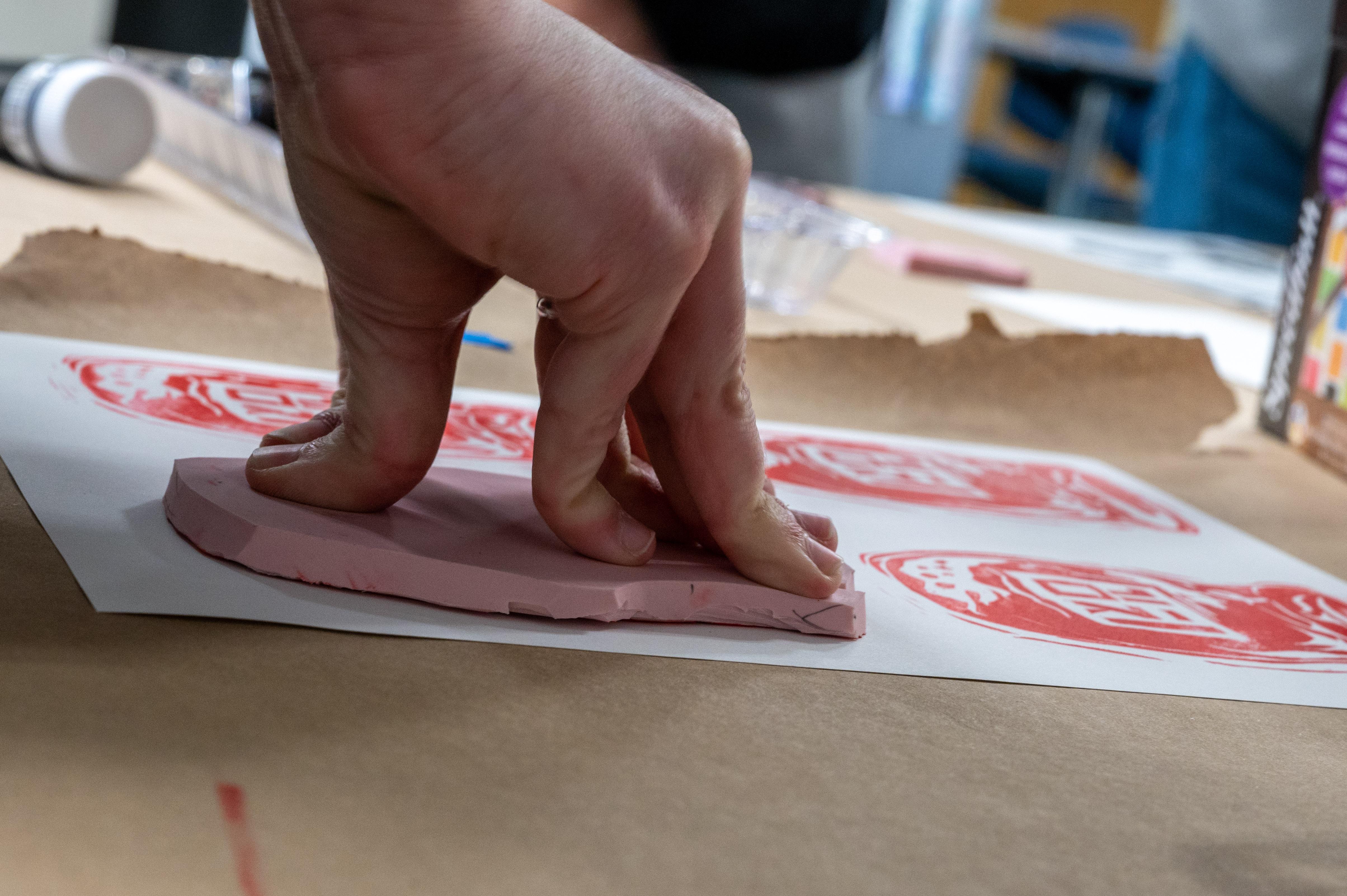

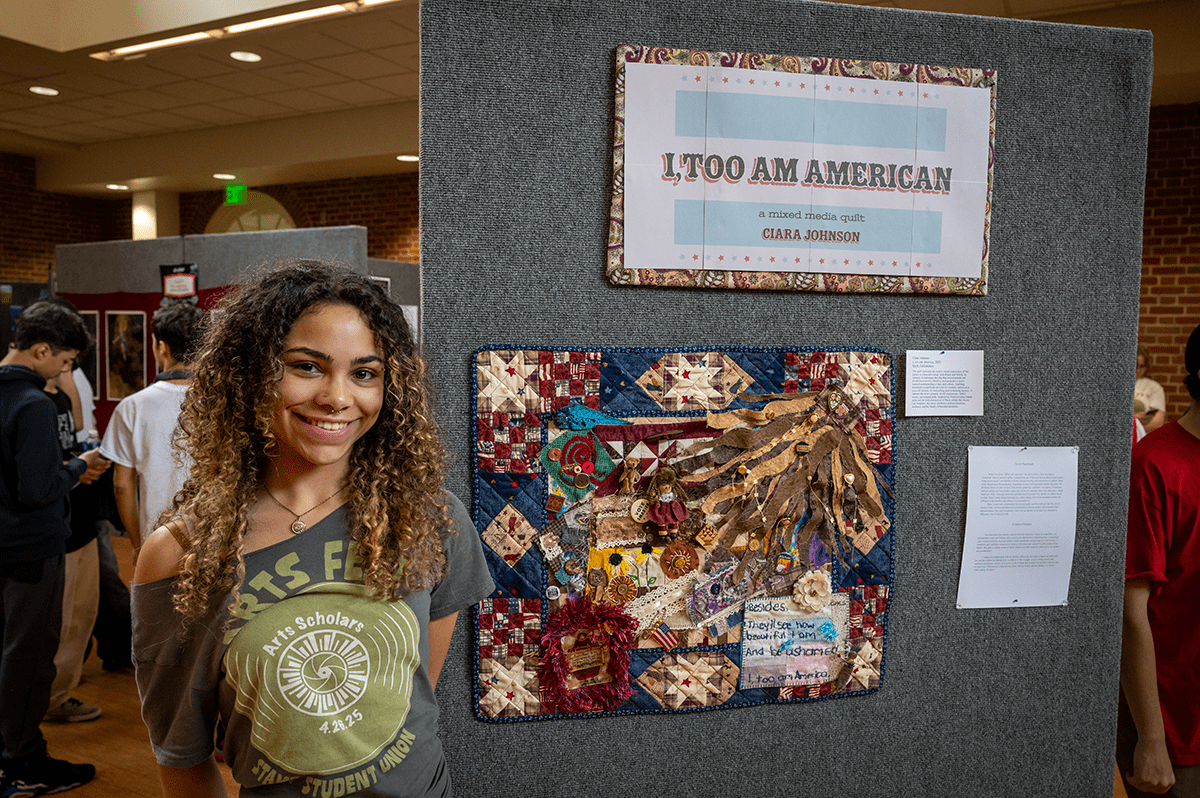
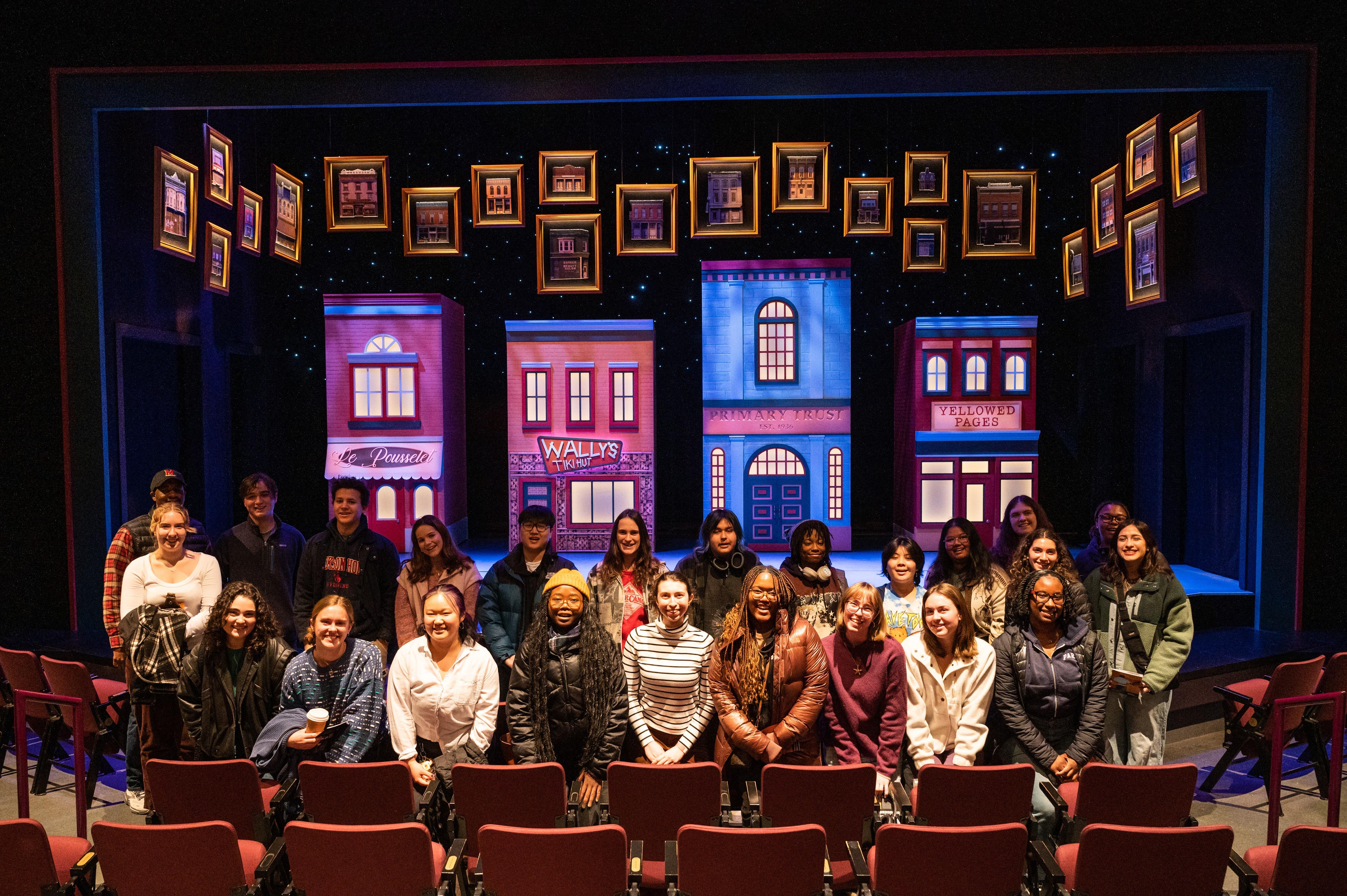
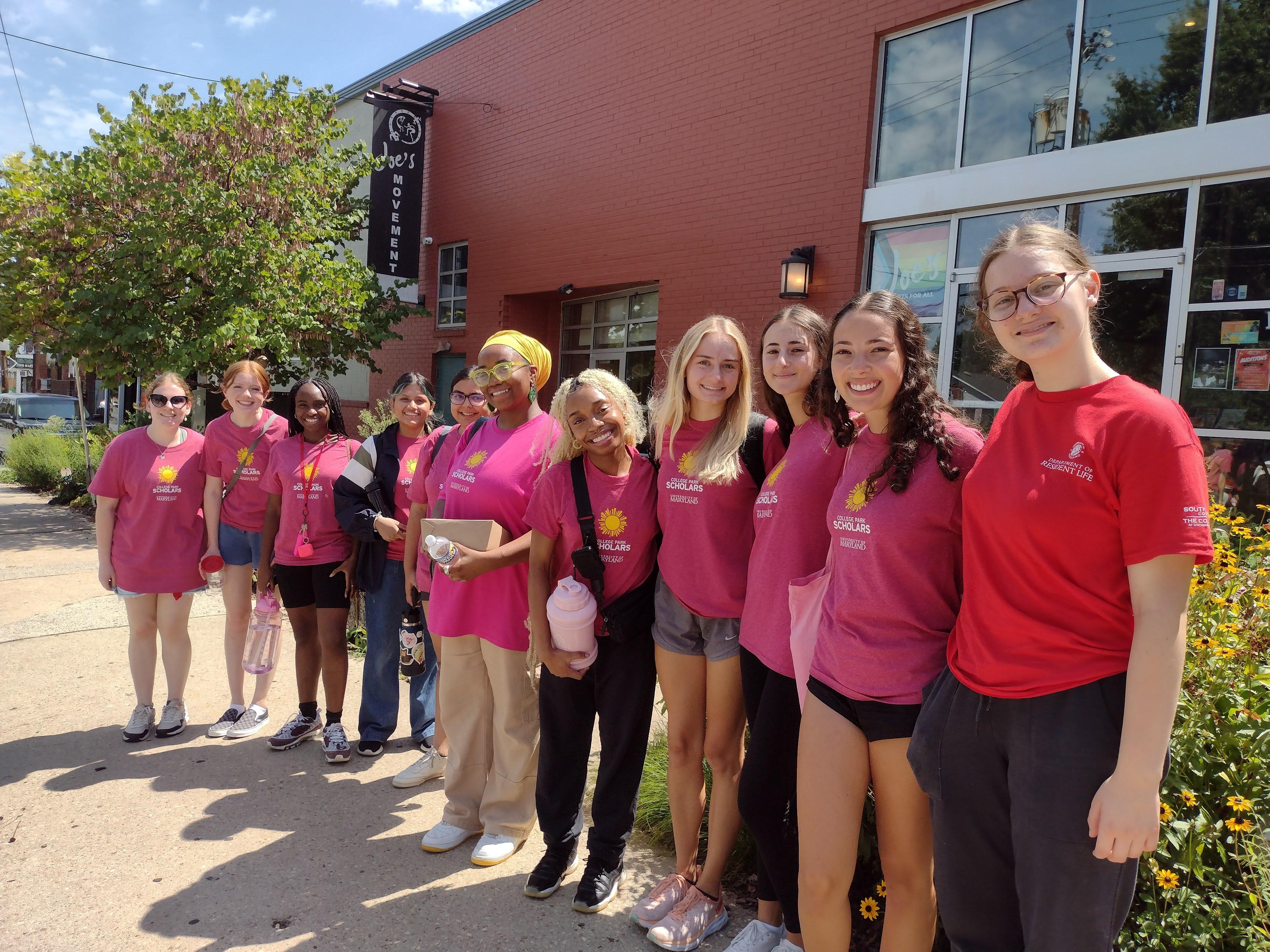
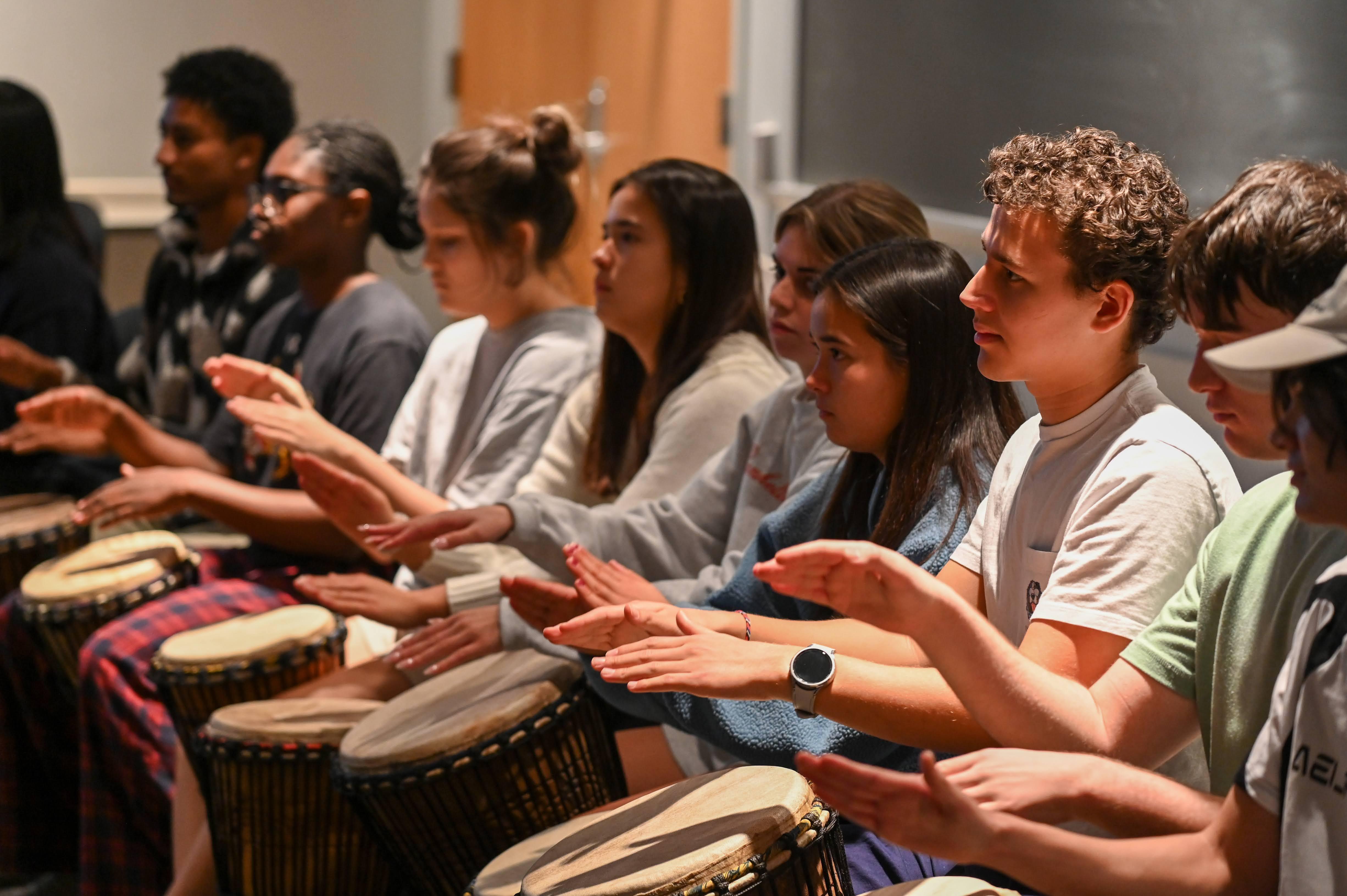
Colloquium and Lecture Topics
Through a mix of lectures, discussions, and guest artist workshops, and experiential projects, students consider (see our most recent “Year in Review” page for photos!):
- Vogue Dancing: How can art be used as a tool for resilience, resistance, and social chance?
- Artistic Consumption: How is artistic “taste” shaped by our social identities?
- Creative Research: How can empirical research, rapid iteration, and prototype testing improve your creative process?
- Spoken Word Improv: How can the principles of improv inform and improve our everyday lives?
- Campus Galleries: How can slow-looking help us combat the pressures of a frenzied world?
- West African Drumming: How can music build community, tell stories, and promote intercultural understanding?
I have been challenged to think differently, work cooperatively, embrace creativity and, most importantly, go beyond the limits I have set for myself. Because of this program, I can confidently say I feel infinitely more prepared for the “real world,” and for that confidence and growth, I could never be more grateful.
Other Learning Opportunities
Outside the classroom, Arts Scholars have many other opportunities….
Experience the arts first hand:
- Field trips: Each semester students visit locations such as The Clarice Performing Arts Center, the Everyman Theatre in Baltimore, the National Gallery of Art, and the National Museum of African American History and Culture.
- Maker Mixer: Teaching Assistant led community building events that include crafting, visiting campus galleries and maker-spaces, and attending shows on campus.
Creative Capstones:
- Sophomores develop capstone projects - identifying a social issue of significance to them to be explored through an artistic medium of their choosing. The capstone project is about your unique view of the world and what you want your audience to understand or experience as a result.
- All capstones are displayed at ArtsFest- an annual exhibition of student work in the Stamp Student Union.
Leadership opportunities:
- Arts Media Team: Social Media & Newsletter assistants work with Arts Faculty to research, draft, and publish the weekly newsletters and Instagram posts to the community.
- Arts Teaching Assistants: Arts Scholars graduates build their skills and experience leading discussions, developing events, and serving as mentors to current students.
Curriculum Overview
Over the two-year program experience (four semesters), students will complete up to 6 credits of supporting courses that will count toward your Arts Scholars citation. In most cases, these will also fulfill General Education requirements. Note that your Scholars courses—colloquiums, capstone practicum and supporting courses—will generally be in addition to any courses you take to satisfy major requirements.
The following represents a typical two-year curriculum, but individual schedules may vary. Details about courses and requirements can be found on the Arts Citation Checklist.
| SEMESTER | COURSE | CREDITS |
|---|---|---|
| Semester 1 | CPSA 100: Colloquium I | 1 credit |
| Semester 2 | CPSA 101: Colloquium II | 1 credit |
| Semester 3 | CPSA 200: Colloquium III | 1 credit |
| Semester 4 | CPSA 201: Colloquium IV | 1 credits |
| CPSA 240: Service Learning; or CPSA 250: Research (DSSP); or CPSA 260: Peer Teaching (DSSP) |
2 credits 2 credits 2 credits |
|
| Semester 1, 2, 3, or 4 | Supporting Course (var. Gen Ed) Supporting Course (var. Gen Ed) Supporting Course (DVUP or DVCC) |
3 credits 3 credits 1-3 credits |
Sponsoring College
Faculty
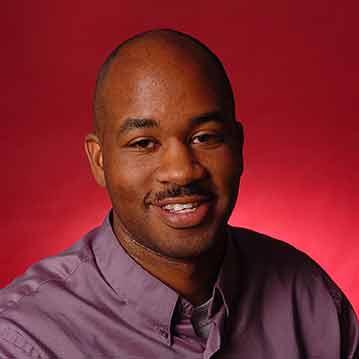
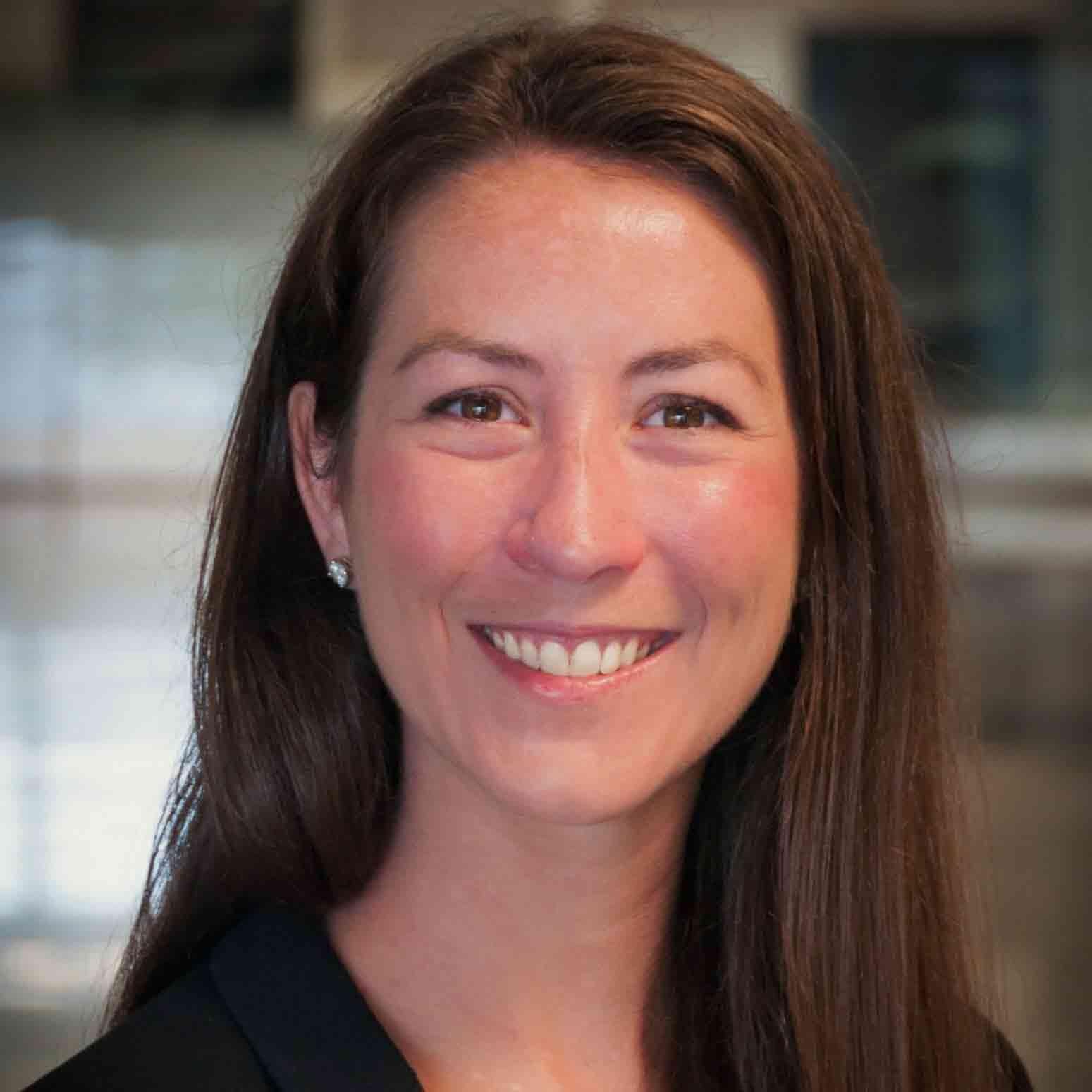
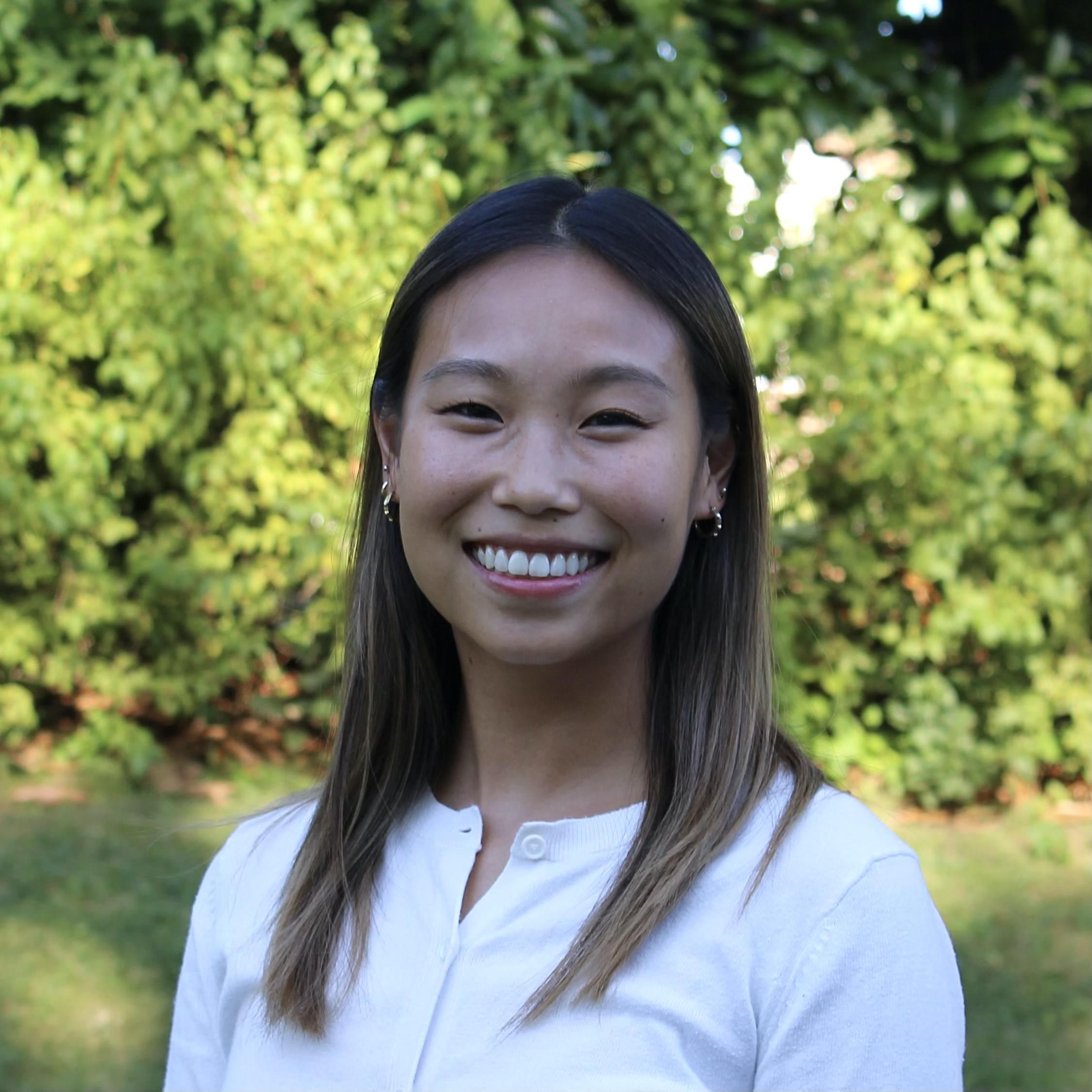
The Diamondback: UMD students' dance workshop highlights Japanese Butoh style, May 2022
Arts News
Adventures in the Animal Kingdom
When Claire Quinn (B.S. ’15, biological sciences) graduated from the University of Maryland, she wanted to find a job where she could share her passion for biology and conservation and make a real difference in the world.
JLT Scholars help explain the Restorative Justice Alternative Resolution Process
The Restorative Justice Alternative Resolution Process (RJARP) is an alternative resolution process to the formal conduct process. It applies restorative philosophy to help our community understand how they impact themselves and those around them, and to build a stronger and more caring community.
What’s Real and What’s Not in ‘Jurassic World Rebirth’: A UMD Paleontologist Explains
“Jurassic World Rebirth,” the latest installment in the blockbuster movie franchise, is out Wednesday, going back to its roots with a high-stakes adventure to a remote tropical island. And streaming on PBS now is the newest iteration of "Walking With Dinosaurs,” a BBC series that brings viewers into the lives of six species, mixing footage of scientists on digs around the world with animated sequences imagining how they lived.
Scholars Faculty, Staff Honored at Annual UGST Awards Ceremony
Each Spring, the Office of Undergraduate Studies hosts a year-end celebration and reception to honor the accomplishments of its faculty and staff.One of the highlights of the ceremony is the presentation of the Donna B. Hamilton Teaching Awards. The Donna B. Hamilton General Education Teaching Award recognizes extraordinary teaching in a General Education course across the whole university based on undergraduate student nominations. The Office of Undergraduate Studies recognizes two faculty members for excellence in teaching each year: one faculty member teaching in an Undergraduate Studies Program, and one faculty member teaching in a General Education Program.
Fifteen Scholars Named Senior Marshals
The University of Maryland Senior Marshals represent graduating seniors who have demonstrated the highest levels of scholarship, service to the campus community, extracurricular involvement, and personal growth.The 70 senior marshals, who carry the banners for schools, colleges and departments, are Spring, Winter, and Summer graduates who have stood out during their time at the University of Maryland for academic excellence, service to the university community, noteworthy extracurriculars and good character. Fifteen of them have received citations from College Park Scholars programs.
A Terp Fossil Hunt, Just Down the Street
Liam Driver ’27 shouted in excitement as he picked up a shard of rock out of orange clay and ironstone on an exposed gray hillside.As his classmates gathered around him, he held out his hand, revealing a sliver of bone in the center of his palm. “That blueish part is what gave it away” as a fossil, he said.It might have been part of a now-extinct species of lungfish 115 million years ago that, per its name, could also breathe outside of the water. It’s one of many animals and plants that once thrived in a lush early Cretaceous waterway that’s now an unassuming excavation site, tucked away at the end of a long drive of warehouses and office buildings in Laurel, Md.

